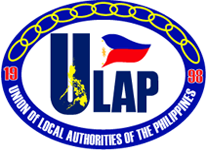ULAP Joins Discussions at the 21st Emergency 911 Commission Conference
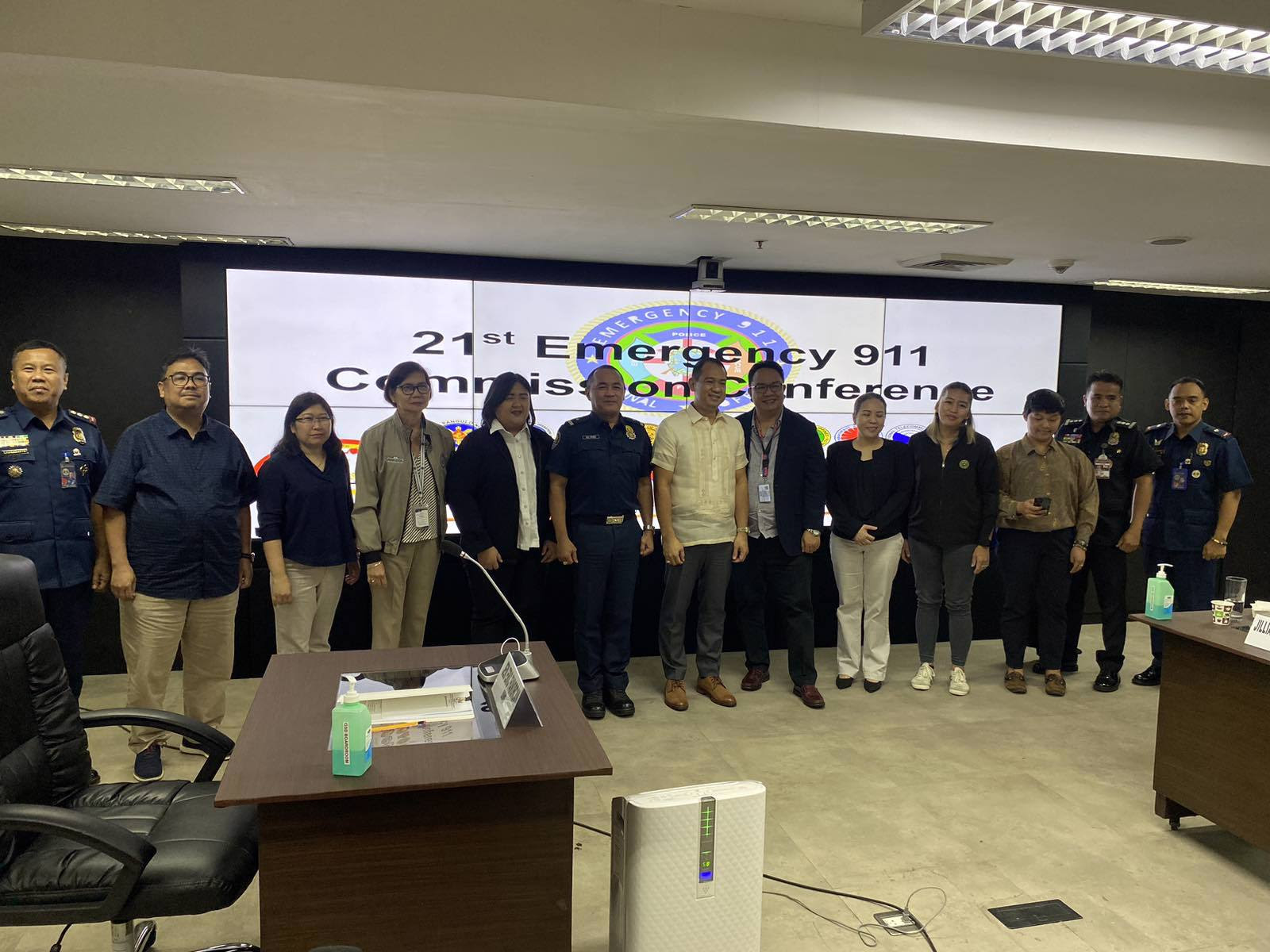

ULAP Executive Director Aileen Leycano participated in the 21st Emergency 911 Commission Conference on June 26, 2024, focused on advancing the national Emergency 911 Hotline system.
The conference covered critical updates on integrating local command centers, requests for new local call centers, and policy formulation under Executive Order No. 56.
ULAP remains committed to improving emergency response capabilities across local government units, aiming to enhance public safety nationwide.
Unbundling Nutrition Services: ULAP Pushes for Service-Oriented Localization During the 50th Founding Years of the National Nutrition Council
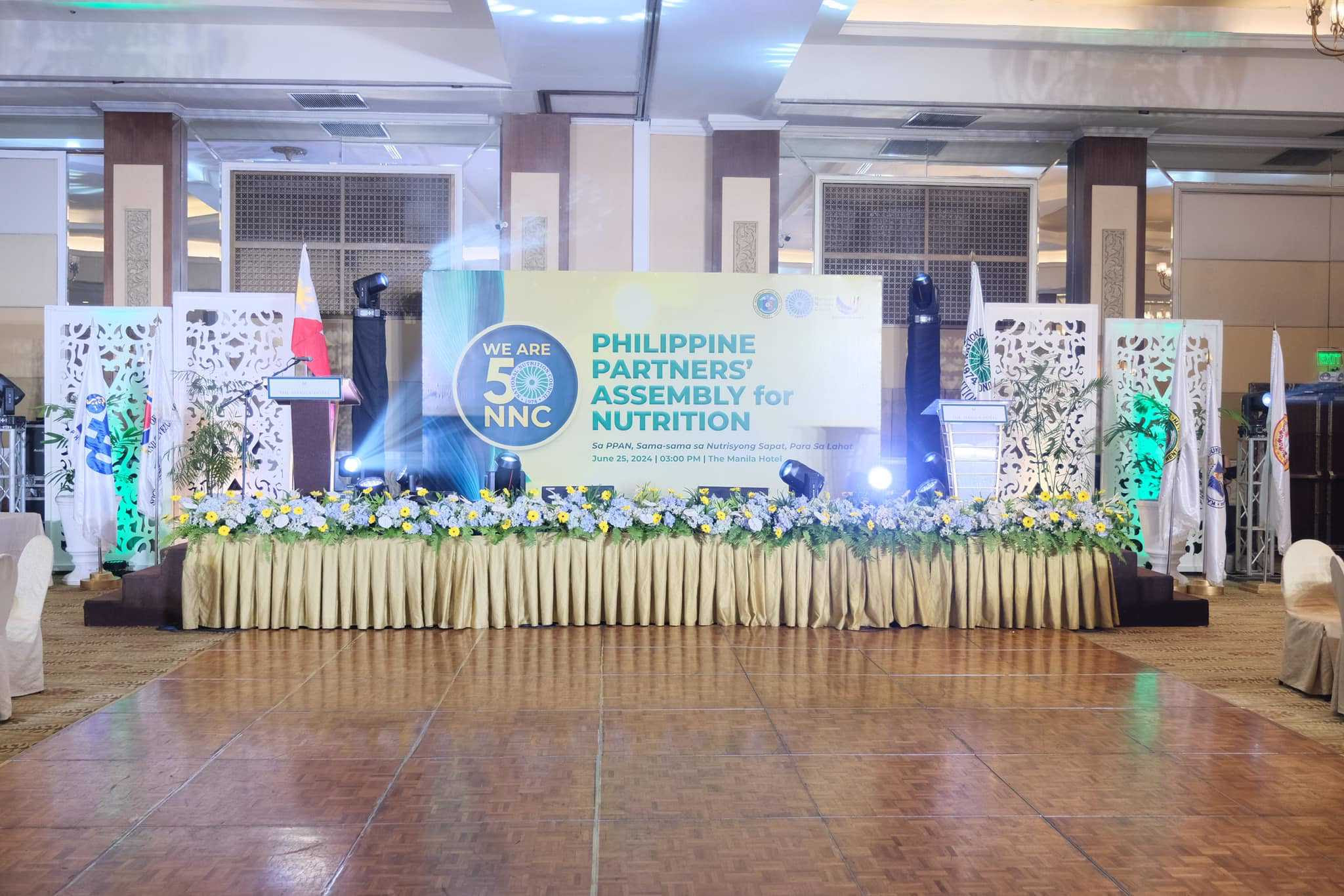

Governor Dax Cua, President of ULAP, highlighted the important role of nutrition in national development during the National Nutrition Council’s 50th anniversary. He commended NNC for its efforts in combating malnutrition and emphasized the importance of local governments in implementing effective nutrition programs.
Governor Cua advocated for a holistic approach to nutrition, addressing both food supply challenges and cultural factors affecting dietary choices. He underscored ULAP’s commitment to collaborating with NNC to reduce malnutrition nationwide through tailored, locally-focused initiatives.
ULAP and Local Leagues Collaborate Towards Decentralized Cooperation at the Orientation for National Leagues on MC 2024-066: Amended Guidelines for Sister-City/Town-Twinning Programs
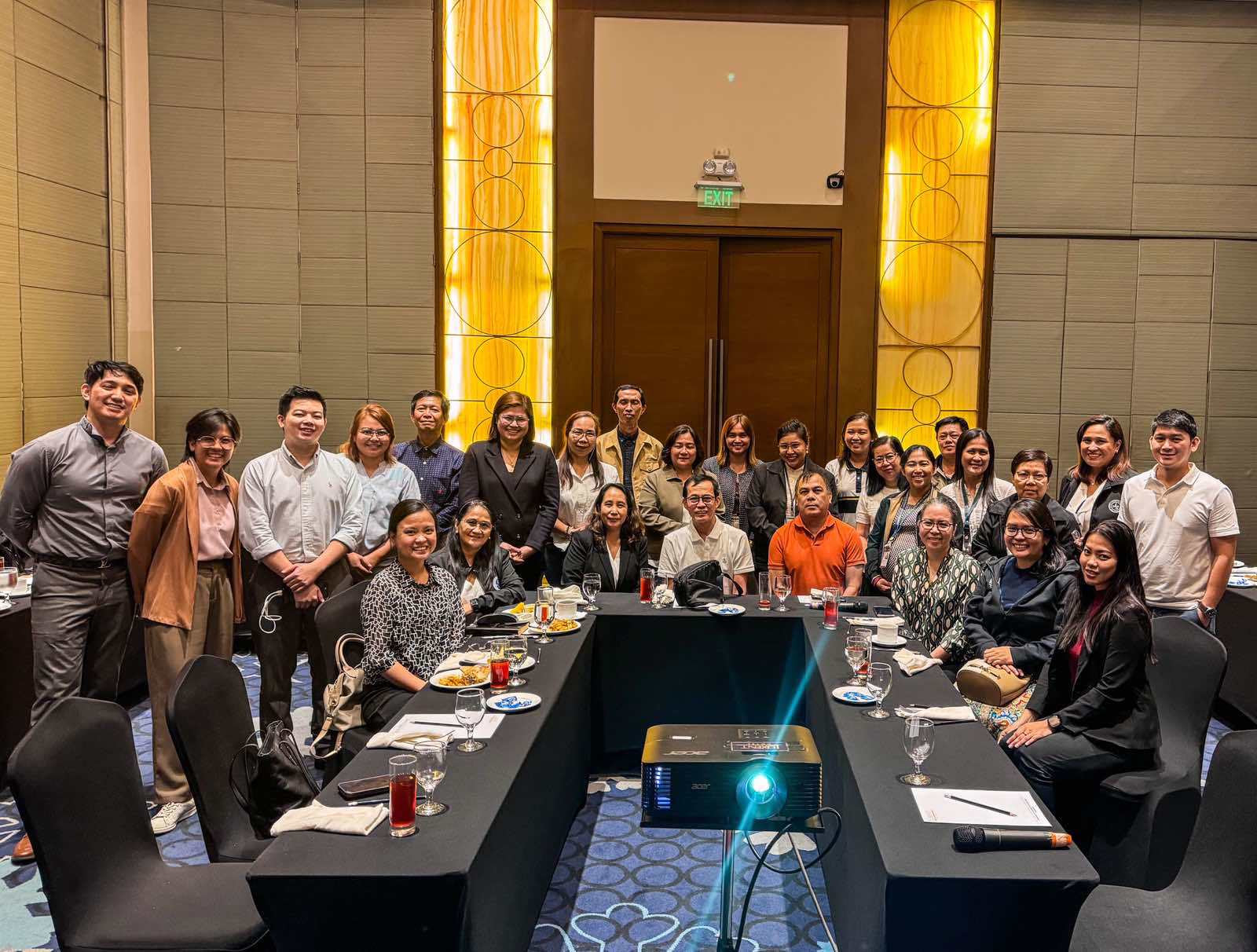

The DILG, together with ULAP and local leagues nationwide, conducted an orientation on Memorandum Circular (MC) 2024-066 on July 24, 2024. This updated guideline focuses on enhancing Sister-City and Town-Twinning Programs across the Philippines.
The session aimed to familiarize national leagues with the revised guidelines, emphasizing their role in fostering international cooperation and local development through strategic partnerships.
Participants exchanged insights and best practices to ensure effective implementation of these initiatives, promoting cultural exchange and economic growth.
Moving forward, ULAP and local leagues are committed to leveraging these programs to strengthen global ties and enhance local governance.
ULAP Executive Director Aileen Leycano Joins Philippine Delegation at Understanding Risk Global Forum 2024 in Himeji, Japan
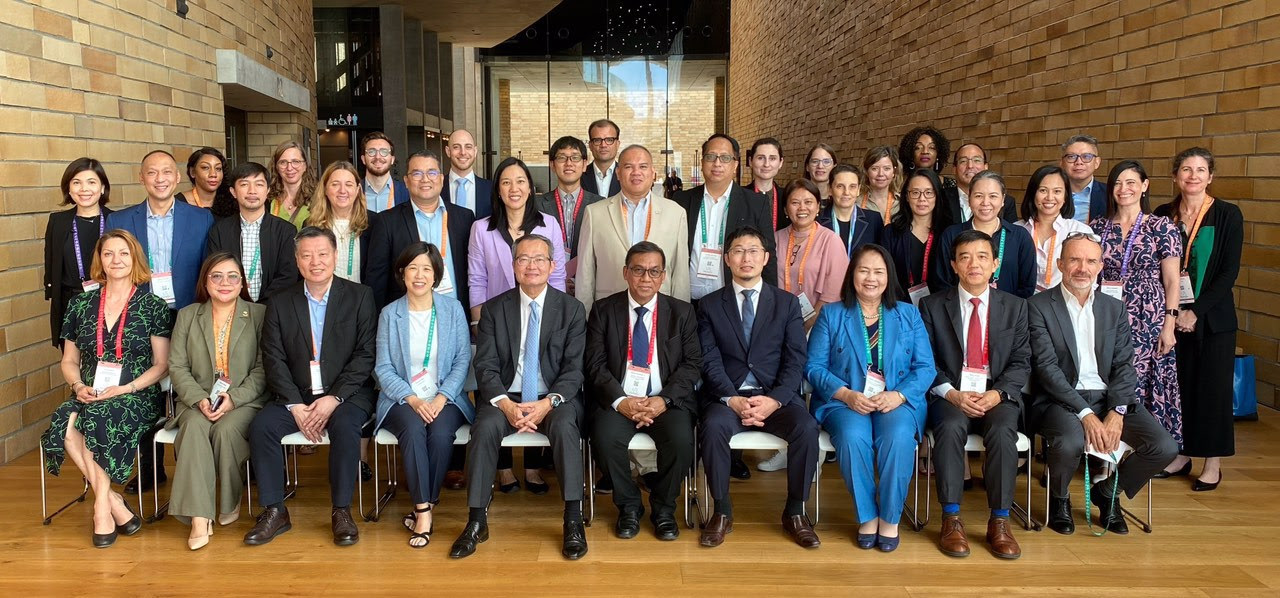

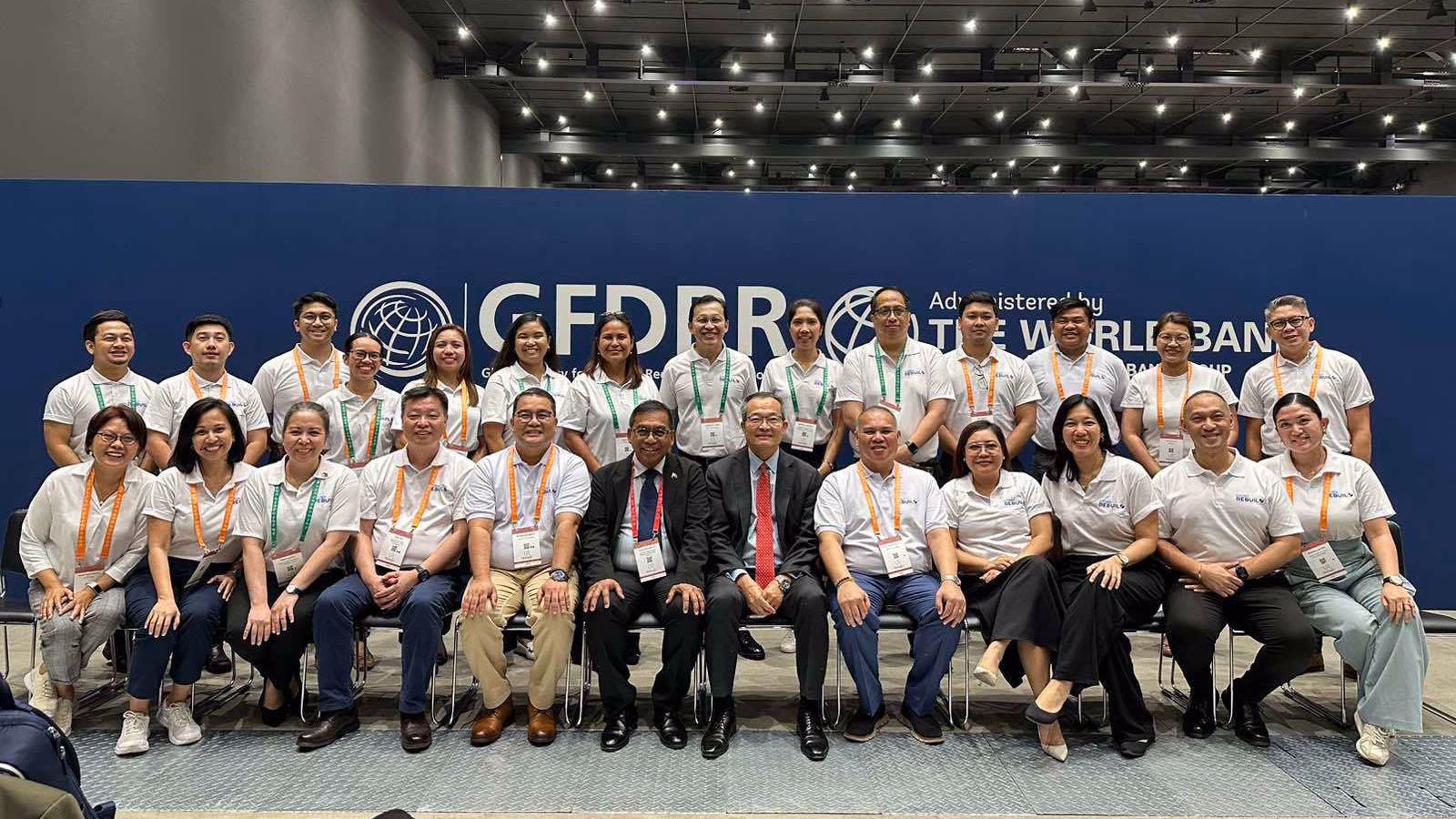
The Understanding Risk Global Forum 2024 (UR24) recently convened in Himeji City, Hyogo Prefecture, Japan, bringing together over 1,700 attendees from 135 countries. This biennial event, focused on Disaster Risk Management (DRM), showcased innovations, best practices, and collaborations crucial for building resilience in the face of natural hazards.
ULAP Executive Director Aileen Leycano joined the Philippine delegation, led by Department of Science and Technology Secretary Renator Solidum, at UR24, upon the invitation of World Bank Philippines. The UR24 emphasized the importance of integrating local insights into global DRM strategies. With a backdrop of Himeji's rich cultural heritage and innovative infrastructure, the forum explored diverse perspectives on disaster preparedness and response.
Key highlights included a public symposium on sustainable and resilient cultural heritage, underscoring the role of preserving heritage in bolstering local economies amidst disasters. The opening ceremony, set in Himeji, highlighted the forum's blend of tradition and innovation, mirroring Japan's resilience journey post-1995 Great Hanshin Awaji earthquake.
UR24 featured over 250 technical sessions, workshops, and excursions curated by a Scientific Committee, fostering dialogue among experts from government agencies, NGOs, academia, and civil society. Discussions delved into DRM strategies, emphasizing lessons learned from past disasters like the Kobe earthquake and their global implications.
The forum also showcased Japanese innovations, including an Expo Area using emergency housing structures repurposed from the event, reflecting Hyogo Prefecture's commitment to sustainable disaster recovery.
ULAP's Governor Cua Champions Integrated Government Strategies to Advance ICT Infrastructure at the 2024 National ICT Summit
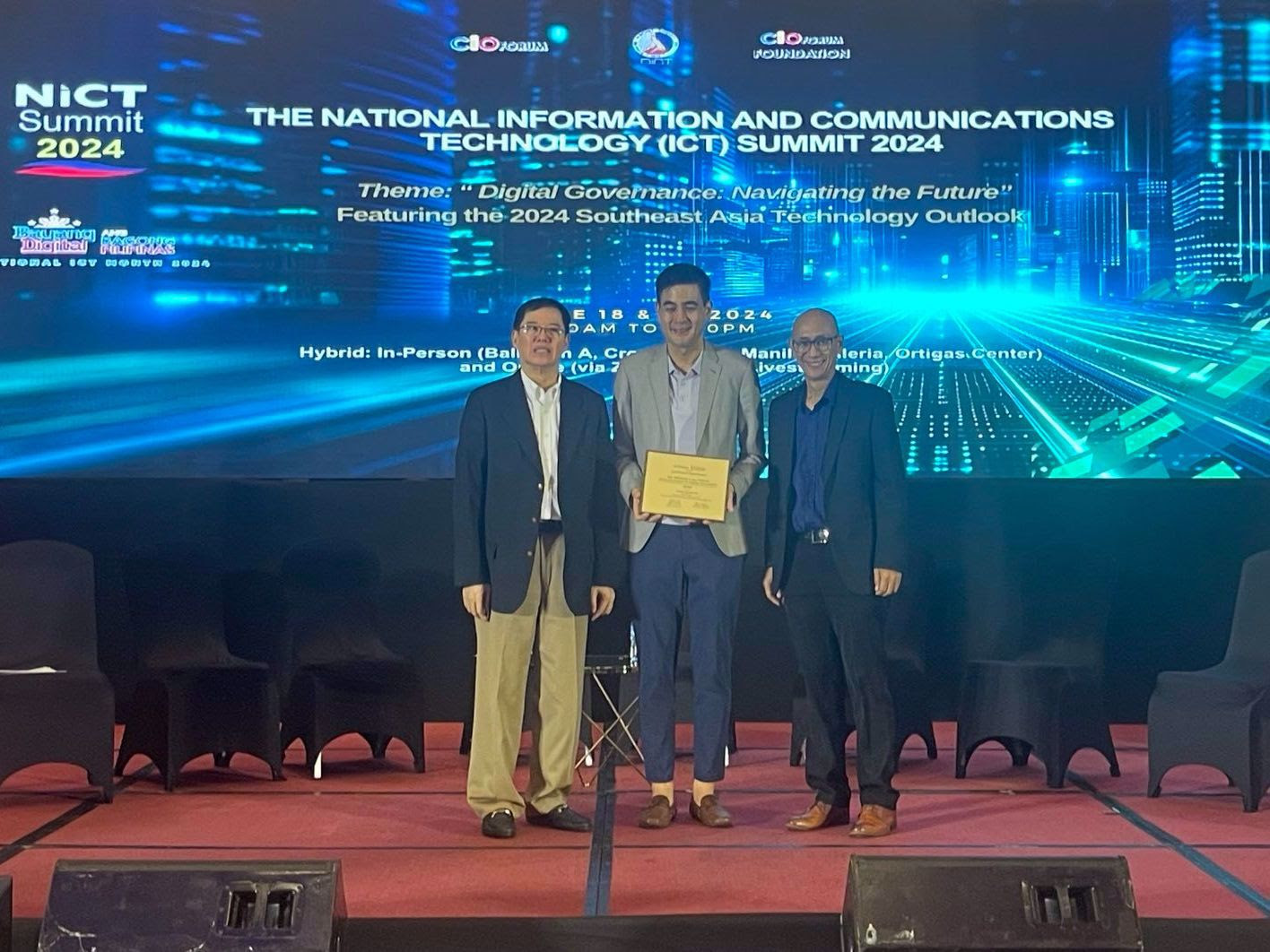


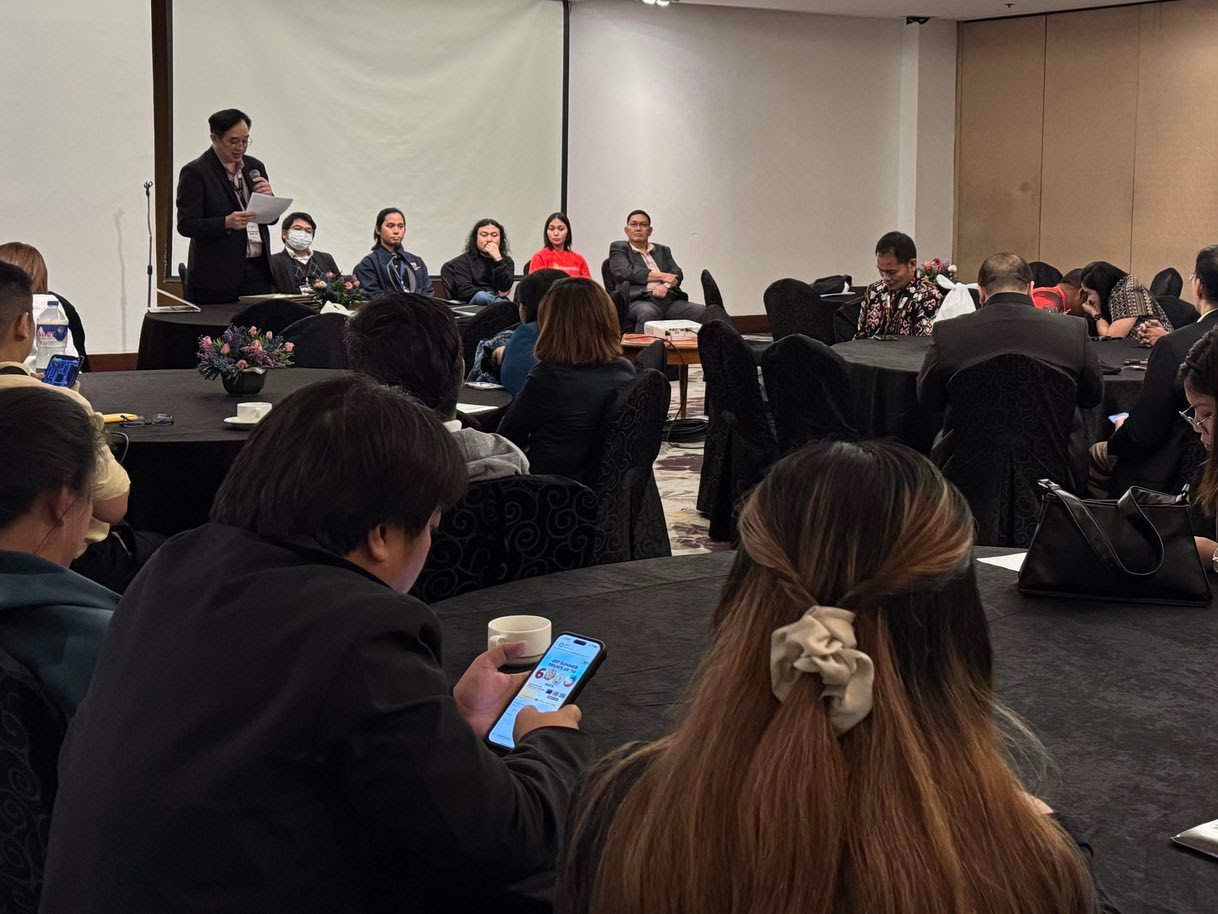
Governor Dax Cua, ULAP National President, emphasized the crucial role of digital transformation in local governance during his address at the National ICT Summit 2024. Held under the theme "Digital Governance: Navigating the Future," the summit brought together ICT stakeholders to discuss advancements and challenges in digital governance.
In his speech, Governor Cua highlighted the transformative impact of technology on public services at the local government level. He stressed the importance of embracing digital solutions to streamline bureaucratic processes, enhance decision-making through data analytics, and improve overall service delivery efficiency.
Citing initiatives in Quirino Province as an example, Governor Cua outlined plans to install 400 Wi-Fi towers to provide universal internet access. This initiative aims to empower residents by enabling online access to government services such as permits, licenses, and healthcare consultations. It also supports local businesses, particularly micro, small, and medium enterprises (MSMEs), in expanding their market reach through online platforms.
Governor Cua underscored the need for collaborative efforts between national and local governments to overcome challenges in digital infrastructure. He emphasized that while the potential of e-governance and digital transformation is vast, realizing this potential requires robust connectivity infrastructure across the nation. This includes establishing high-speed internet networks, providing necessary hardware and software resources, and building the capacities of local government units (LGUs).
"Central to national and local government efforts for e-governance is having enabling infrastructures," Governor Cua stated. He reiterated ULAP's advocacy for proactive investments in connectivity infrastructure to unlock the full benefits of digitalization in governance and public service delivery.
Mr. William Batac, ULAP Director for Strategic Partnerships, also joined Gov Dax Cua in the event and moderated the session on Tech Solutions for LGUs Digitization/Digital Transformation.
Local Leadership in Agriculture: ULAP VP for Visayas Quimpo Joins Training on Community-Driven Farm Schools in Yogyakarta, Indonesia




Vice Governor Reynaldo Quimpo of the Province of Aklan, also Vice President of ULAP for Visayas, actively participated in a specialized training course focused on building community-driven farm schools (CDFS). The training, held from June 10-14, 2024, aimed to bolster agricultural productivity through local educational initiatives.
The CDFS model provides a grassroots solution, fostering local community involvement in agricultural education. These schools, managed by and for local communities, leverage experienced farmers as trainers. Beyond skill development, CDFS also strengthens community cohesion and encourages youth participation in sustainable rural enterprises.

